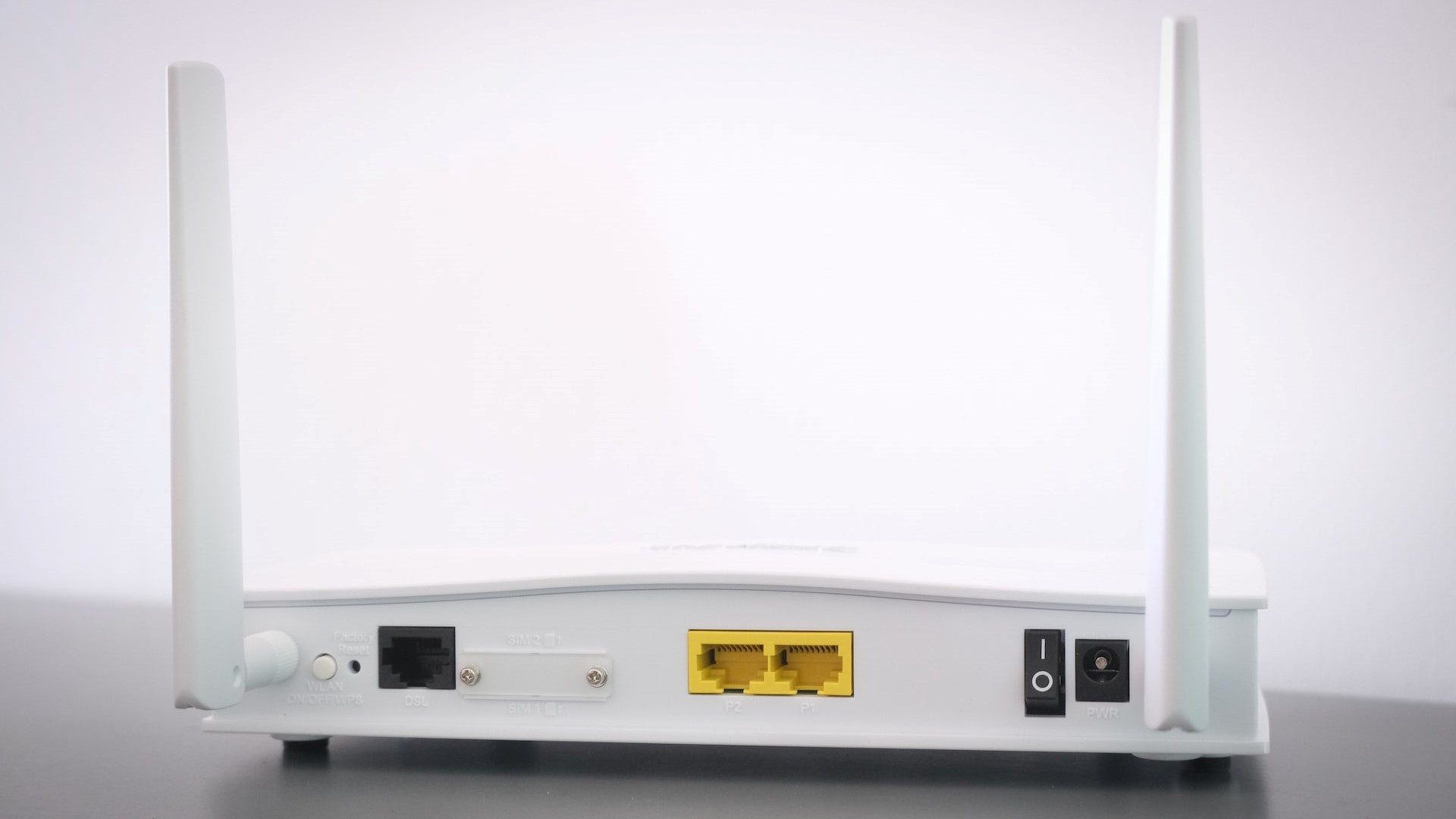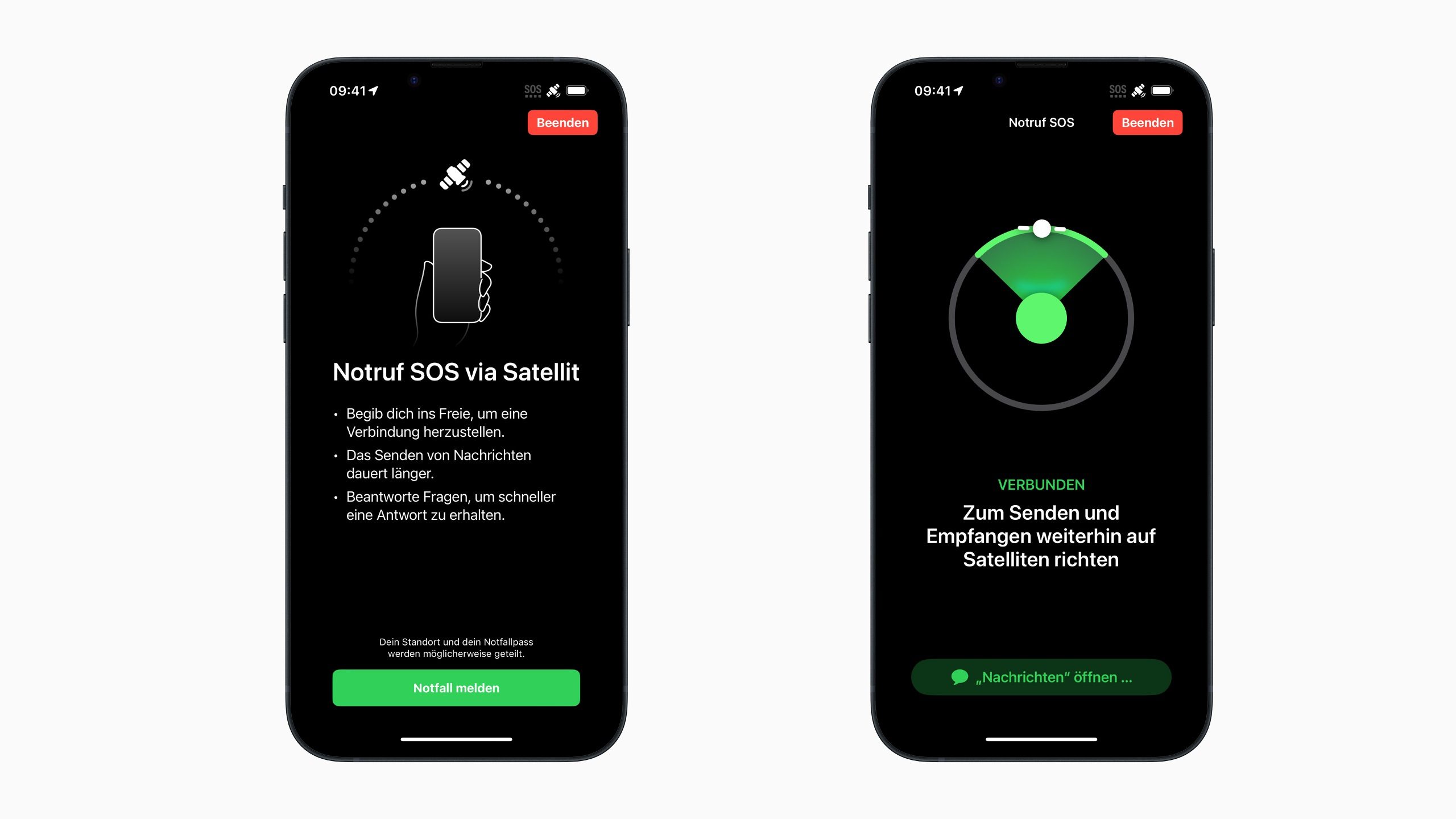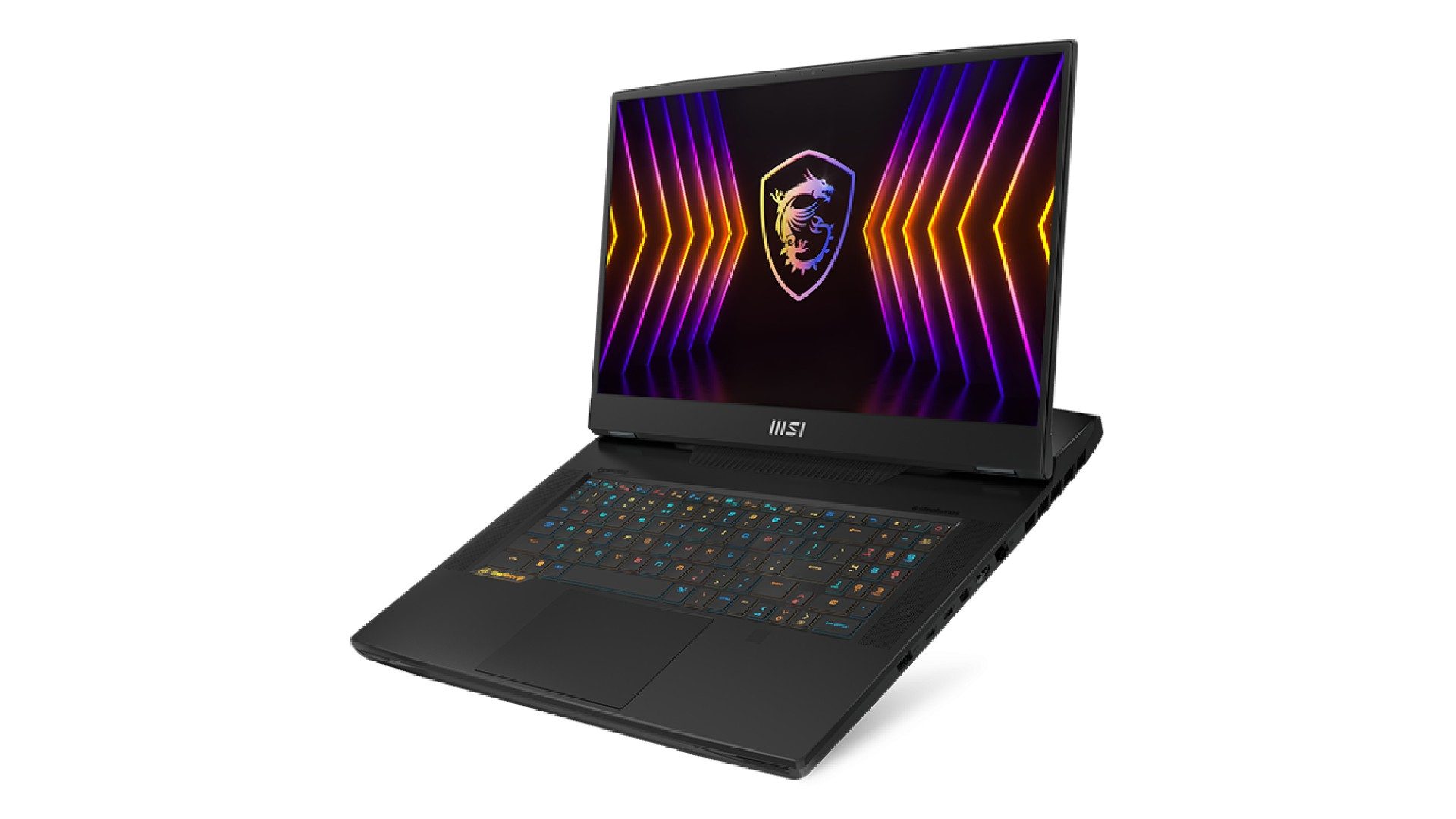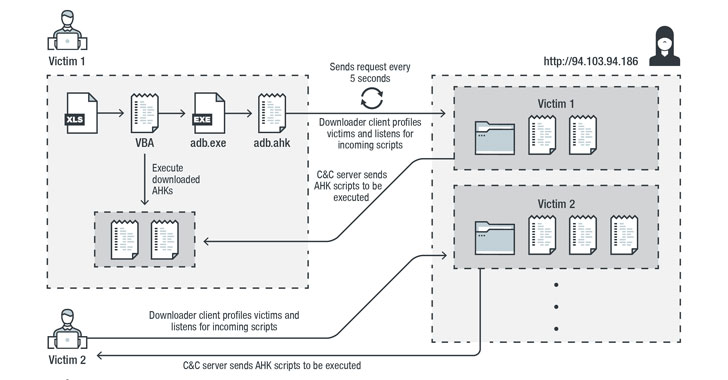Immersive Home 3210 and Immersive Home 326
Qualcomm introduced a new platform for wireless routers and access points with support for Wi-Fi 7. In the second half of 2023, products related to the chips should appear in the mainstream market.
In 2022, Qualcomm has already released two Wi-Fi 7 products, a Networking Pro series chip for enterprise routers and the FastConnect 7800 unit on the Snapdragon 8 Gen 2. The Wi-Fi 7 standard is only expected to be finalized in 2024, so support coincides with the pre-spec. For home users, new routers with Wi-Fi 7-capable chipsets from Qualcomm will appear in the second half of 2023.
The new chip platforms are called Immersive Home 3210 and Immersive Home 326 The upcoming WLAN standard enables speeds of up to 20 gigabits per second, which the 3210 platform is also expected to achieve, while the 326 platform supports each tri-band radio specified at a maximum of ten gigabits per second; The corresponding device transmits in the 2.4 GHz, 5.0 GHz and 6 GHz bands.

More power and less latency
According to Qualcomm, a mesh system with the new chip should have a significantly higher system capacity – we’re talking about a 9.6-fold increase compared to a mesh system with Wi-Fi 5 (802.11ac). Compared to a mesh system based on an immersive home platform with Wi-Fi 6(E), the new platforms are up to 22 percent more efficient and latency can be reduced by 75 percent under network load.
For increased speed and the aforementioned benefits at a common distance from the access point, Qualcomm relies on so-called multi-link mesh. Mesh channels can be changed adaptively and multiple high-speed channels can be used simultaneously for faster downloads. Wi-Fi 7 and multi-link mesh should enable gigabit speeds over longer distances than current standards.

Wi-Fi 7 is intended to coexist with Wi-Fi 6(E) for years
In countries like Germany, where broadband expansion is lagging, Qualcomm currently sees Wi-Fi 6 as a more useful platform. In general, Wi-Fi 7 will not replace Wi-Fi 6 in the market anytime soon. According to the company, the new platforms are more compact than the Networking Pro series of chips because they were designed for smaller routers. Quad-band radios were not used because Qualcomm wanted to provide a cost-effective solution for the mainstream market. The company has named AVM, Xiaomi and TP-Link as partners.
formula
Links marked with * are affiliate links With purchases through this link, we receive a sales commission without further payment to you as the site operator. This way you can support the all-round PC
Discover more author contributions













